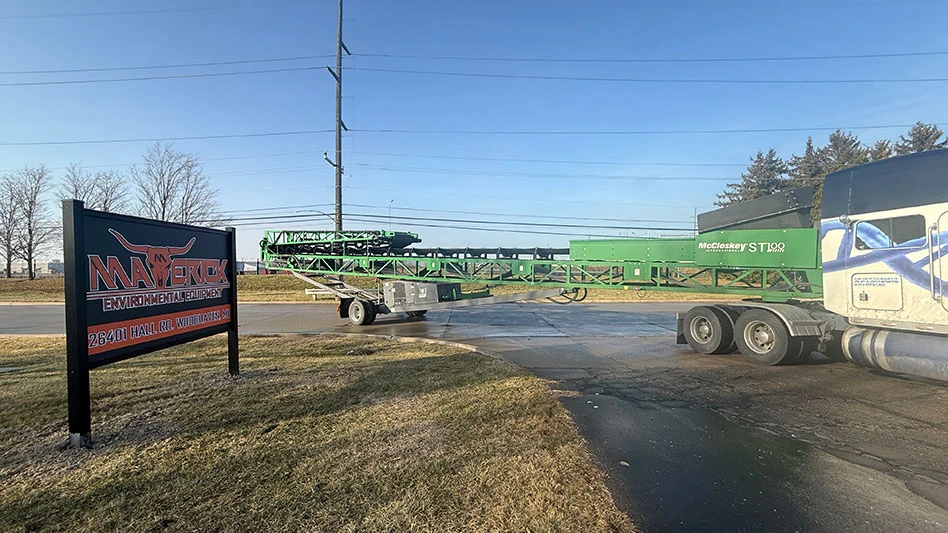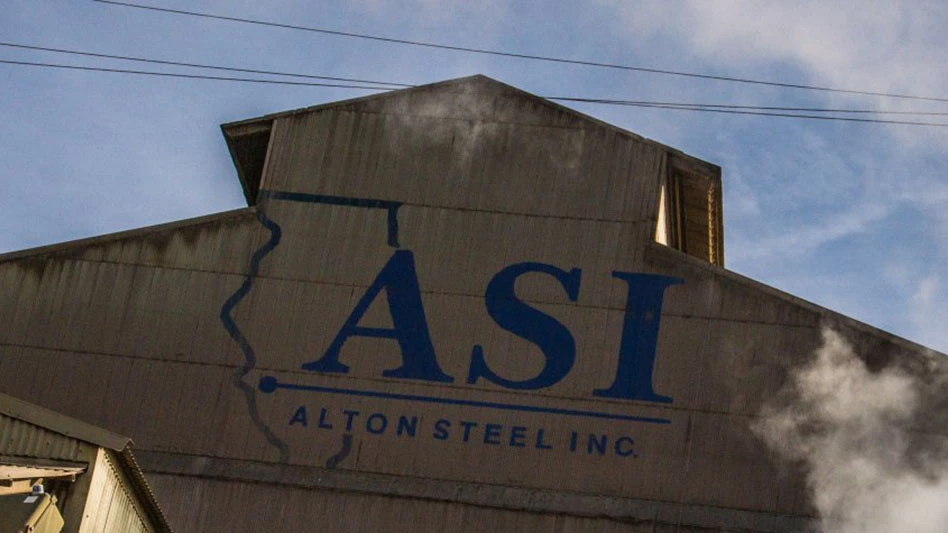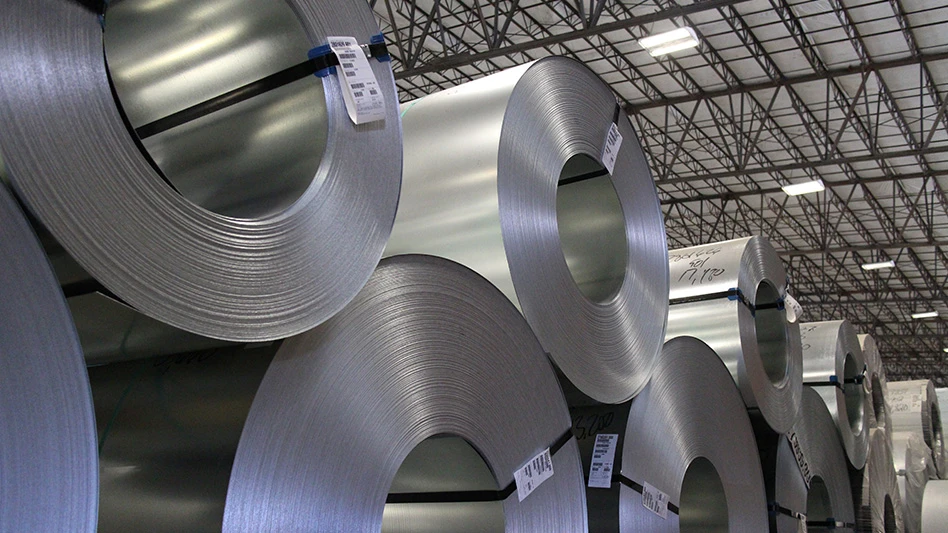
Image courtesy of Agilyx ASA
Norway-based Agilyx ASA has reported that production of styrene via Styrenyx, its proprietary polystyrene (PS) recycling technology, can significantly reduce carbon equivalent emissions compared with producing styrene from fossil resources.
To assess the carbon footprint of its advanced recycling and postconsumer scrap circular styrene production process, Agilyx retained Sphera Solutions Inc. to perform a cradle-to-gate produce carbon footprint (PCF) and compare results to conventional production of virgin styrene. Agilyx claims the results indicate that its process lowers carbon equivalent emissions by 38 percent using average grid electricity and by 86 percent using wind electricity as compared to conventional styrene made with virgin resources.
The study was conducted according to the requirements of the International Organization for Standardization (ISO) 14067:2019-02 (ISO, 2019) and currently is undergoing independent critical review by a third-party expert in accordance with ISO/TS 14071:2014 (ISO, 2024). The review is expected to be complete in the second quarter of this year.
Agilyx says, for context, the results indicate that one of its facilities producing 18,000 metric tons of styrene annually and powered by grid electricity could reduce the equivalent of about 15,000 metric tons of CO2 emissions compared to conventional styrene. The company claims global styrene production is projected to reach 16.75 million tons by 2026, and if 10 percent of that volume were produced using Styrenyx, it would be the equivalent of removing 325,000 gasoline cars from the road annually.
“We are extremely encouraged by these results and remain committed to further reducing our carbon footprint,” Agilyx Chief Technology Officer Chris Faulkner says. “By leveraging sustainable energy sources and innovative recycling technologies, we will reduce global carbon emissions and help solve the plastic waste challenge.”
Latest from Recycling Today
- Stadler equips Spanish MRF
- SSAB finishes 2025 with decreased revenue
- Vecoplan appoints CFO
- Aurubis raises full-year forecast
- Levitated Metals adds LIBS sorting technology
- Redwood Materials closes on $425M in Series E financing
- Updated: Wieland Chase expands northwest Ohio facility
- Recovered paper traders report lukewarm market





